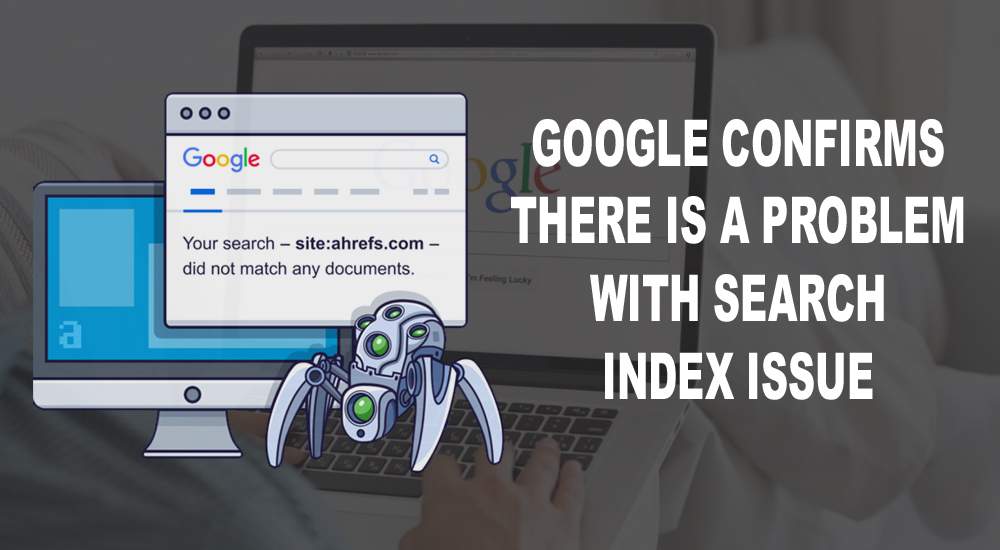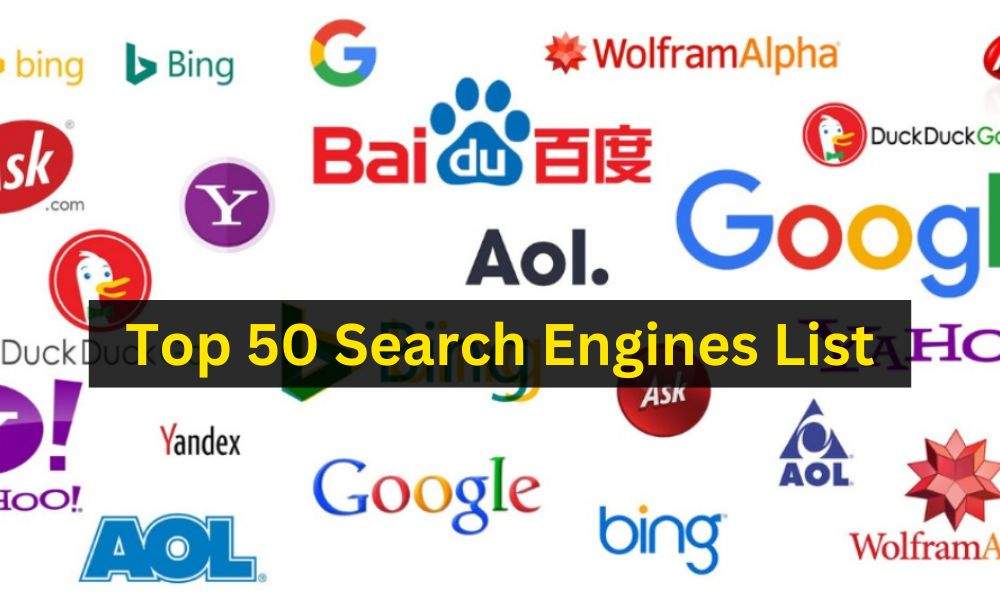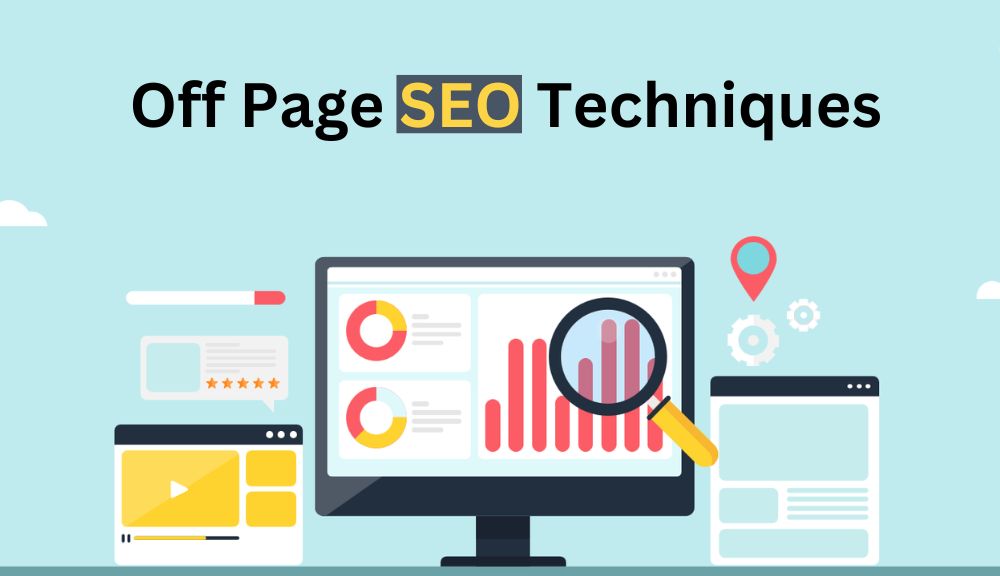On-page SEO factors are crucial to making sure your website or blog ranks well in search engines like Google, Bing, and Yahoo. While on-page factors are only one piece of the puzzle (we will talk about off-page factors next), it’s important to make sure that your website has all of the following 8 essential on-page SEO factors to give yourself the best chance at ranking well in search engines… … .
Understanding on-page SEO
Whether you know it or not, there are a number of factors that affect your site’s ranking. To help you better understand what on-page SEO is and how to improve your site’s search engine rankings, we’ve compiled a list of 8 essential factors that you need to know about.
Title Tags
Each page needs a well-crafted title tag, preferably one that summarizes what a visitor will get if they click through to your content. The Complete Guide to Eating Right is much better than just Eating Right. Keyword in Title Tag: Choose words and phrases related to your niche and make sure you use them in your title tags. Ideally, these words or phrases should appear at least twice within it, but not more than three times.
Meta Descriptions
While meta descriptions aren’t a ranking factor, they do play a role in click-through rate. If you want to improve your chances of getting clicks from search results, make sure your meta description isn’t overly stuffed with keywords. Create compelling copy that concisely describes what your page is about without stuffing in unnecessary keywords or phrases.
Image Alt tags
One of On-Page SEO factors that you need to consider is Image Alt Tags. By using relevant keywords in your image alt tags you can help your images get found by search engines and also rank for relevant keyword phrases. Title tag : The title tag is probably one of most important on page seo factors because it will help your content show up for certain keywords in search results.
Copywriting for website text
A website’s content is vital to its success—but in some ways, it’s even more important than its design. That’s because people don’t visit a site based solely on how beautiful it looks; they decide whether or not to stay on that site based on what it has to offer them. Copywriting is one of your most effective tools in designing a website that succeeds at getting your target audience interested and engaged with your business.
HTML Source Code
While that’s how tags were created, they do more than just format text. Tags also give search engines like Google an idea of what you’re trying to tell people through your web pages.
Domain Name
When you create a domain name for your website, it should contain keywords that are relevant to your business. This is a simple on-page SEO factor that can influence your search rankings. There are many keyword tools online that will help you find popular keywords related to your website.
URL Structure
It is important to ensure that URLs are consistent and not unnecessarily long. Although Google no longer uses URL length as a ranking factor, it still makes sense to keep your URLs as short as possible for readability. In addition, short URLs tend to perform better in search results. Further, it is important to use a consistent URL structure across your website and individual pages. This will help both users and search engines easily find your content when they land on your website or within an individual page.










